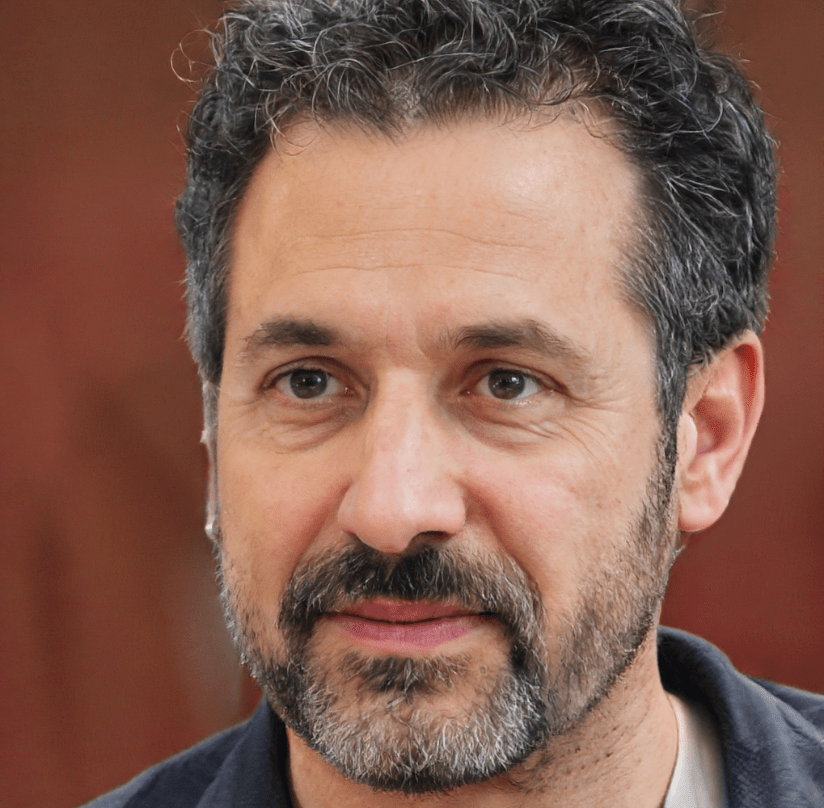As a parent, I’ve always been fascinated by the impact of fatherhood on a child’s development. In recent years, emerging research has shed new light on the crucial role that fathers play in shaping their children’s growth and well-being. From cognitive development to emotional resilience, the influence of fathers is proving to be more significant than previously thought.
In this article, I’ll delve into the latest findings and explore how fathers contribute uniquely to their children’s development. Understanding the evolving dynamics of fatherhood in child rearing is essential for creating a holistic approach to parenting. Join me as we uncover the valuable insights that this emerging research offers on the role of fathers in child development.
Understanding the Role of Fathers in Child Development
As research progresses, the significance of fathers in child development becomes increasingly evident. Let’s delve into the changing landscape of fatherhood roles and the psychological impact they have on children.
Shifts in Fatherhood Roles Over Time
- Evolving Parenting Dynamics: Fathers’ involvement in child rearing has seen a fundamental shift over time.
- Active Participation: Modern fathers are more engaged in caregiving and emotional support, breaking traditional stereotypes.
- Dual-Career Families: With more dual-career families, fathers share responsibilities with mothers, influencing child development positively.
- Gender Equality: The movement towards gender equality has resulted in fathers taking on more active roles in nurturing children.
- Supportive Partners: Fathers are increasingly recognized as supportive partners in fostering their children’s emotional and social skills.
- Secure Attachment: Father-child relationships contribute to secure attachments, essential for a child’s emotional development.
- Cognitive Development: Fathers play a crucial role in cognitive stimulation, which aids in children’s intellectual growth and problem-solving abilities.
- Emotional Well-being: Involved fathers promote emotional resilience and empathy in children, enhancing their overall emotional well-being.
- Behavioral Development: Father involvement has been linked to lower rates of behavioral problems and higher social competence in children.
- Self-Esteem: Positive father-child interactions boost children’s self-esteem and confidence, shaping their self-perception positively.
Emerging Research on Paternal Involvement
In recent years, studies have increasingly focused on the impact of paternal involvement on child development, shedding light on the crucial role fathers play in shaping their children’s growth and well-being. Let’s explore some key findings in the emerging research:
Effects on Cognitive Development
- Enhanced Problem-Solving Skills: Involved fathers have been linked to higher cognitive abilities in children, including improved problem-solving skills and academic performance.
- Language Development: Research indicates that children with actively engaged fathers tend to have better language skills and vocabulary acquisition.
- Improved Social Competence: Fathers’ involvement has been associated with enhanced social interactions and emotional intelligence in children, contributing to their overall cognitive development.
- Secure Attachment: Studies suggest that paternal involvement fosters secure attachments, promoting a sense of trust and emotional security in children.
- Emotional Resilience: Children with supportive fathers demonstrate greater emotional resilience and coping mechanisms in the face of stress or challenges.
- Self-Esteem: Research highlights the positive correlation between paternal involvement and children’s self-esteem, emphasizing the importance of paternal emotional support in building confidence and self-worth.
Incorporating these insights from emerging research reinforces the significance of fathers’ roles in child development, underscoring the multifaceted benefits that active paternal involvement brings to children’s cognitive and emotional well-being.
Comparative Studies: Fathers vs. Mothers
When comparing fathers to mothers in child development, research indicates that both parents play crucial roles in shaping children’s outcomes. Here’s a look at how parenting styles and interaction dynamics differ between fathers and mothers, and their impact on child development.
Parenting Styles and Child Outcomes
I’ll delve into the differing parenting styles exhibited by fathers and mothers and how they impact children’s development outcomes. Research suggests that while mothers tend to focus more on emotional support and nurturing, fathers typically emphasize independence, risk-taking, and problem-solving in their parenting approach, leading to varied but complementary influences on children’s development.
Interaction Dynamics with Children
In terms of interaction dynamics with children, fathers are more inclined to engage in rough-and-tumble play, which fosters physical activity, risk-assessment, and emotional regulation in children. On the other hand, mothers often engage in more verbal and emotionally supportive interactions, nurturing children’s communication skills and empathy. Understanding these distinct interaction styles can provide insights into how children benefit from diverse forms of parental engagement for their overall development.
Practical Implications for Modern Parenting
When it comes to modern parenting, integrating research findings into everyday strategies is crucial for promoting positive child development outcomes. As a parent, I aim to leverage the latest research on the impact of father involvement on children to optimize my parenting approach. By incorporating evidence-based practices, I can create a nurturing environment that supports my child’s cognitive, emotional, and social growth.
Integrating Research into Parenting Strategies
Incorporating research insights into my parenting style allows me to tailor my approach to meet my child’s specific needs effectively. For instance, understanding the benefits of paternal involvement in cognitive development motivates me to engage in activities that stimulate my child’s thinking skills. By utilizing evidence-based strategies, such as interactive play or shared reading, I can enhance my child’s cognitive abilities in a fun and engaging manner. This proactive approach not only enriches my child’s learning experiences but also strengthens our bond through shared activities.
Challenges and Opportunities for Fathers
As a father navigating the complexities of modern parenting, I recognize both the challenges and opportunities that come with actively participating in my child’s upbringing. One significant challenge is balancing work commitments with family responsibilities, which requires effective time management and prioritization. However, this challenge presents an opportunity for me to model resilience and work-life balance for my child, demonstrating the importance of prioritizing family despite competing demands. Moreover, actively overcoming these challenges fosters a sense of accomplishment and reinforces the value of perseverance and dedication in parenting.
ABOUT THE AUTHOR:




